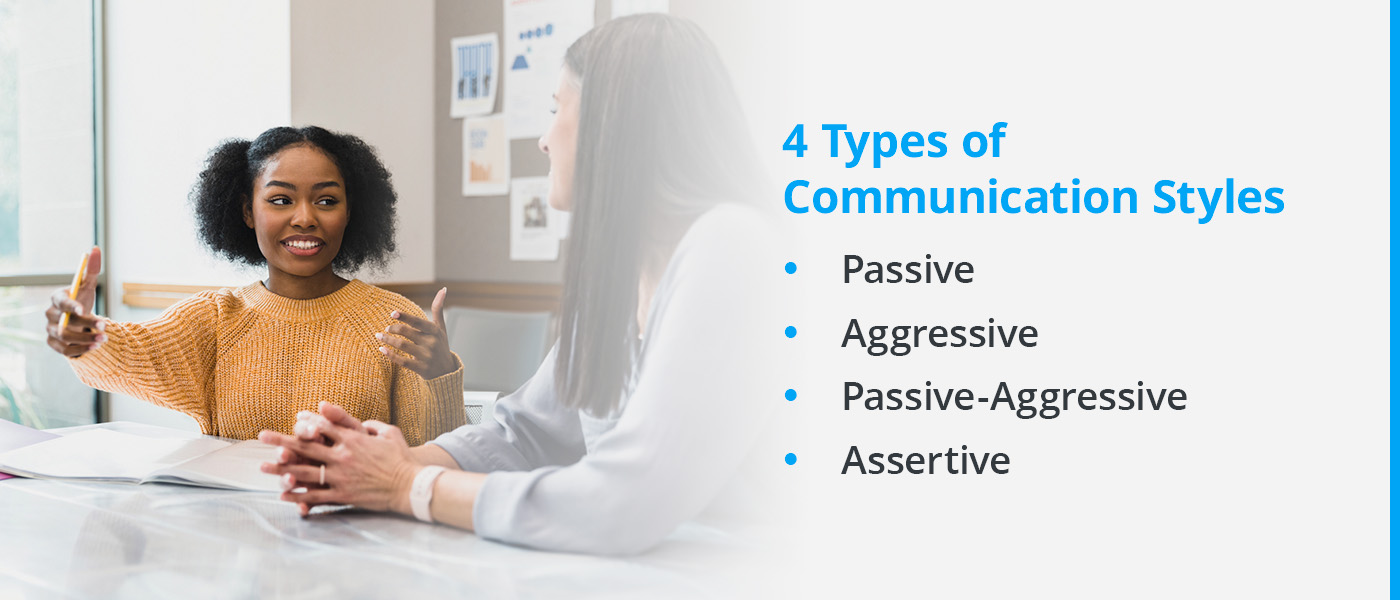Healthy communication is a crucial aspect of all relationships. Expressing your needs clearly and respectfully can ensure a happier, more sustainable partnership. While effectively communicating can be challenging for some, it’s a skill that can be learned and improved over time. Following this guide to communication can help you hone your skills to resolve conflicts easier and build stronger relationships.
What Is Effective Communication?
Effective communication is the ability to convey a message clearly and accurately to another person or group of people. It involves using language and nonverbal cues to express your thoughts, ideas, feelings and needs in a way that is easily understood by the receiver. Effective communication also involves actively listening to the other person’s response, understanding their perspective and responding in a way that demonstrates respect and empathy.
Effective communication requires several essential skills, including:
- Clarity: Clearly stating your message and avoiding ambiguity or confusion.
- Active listening: Paying attention to the other person’s words, tone of voice and nonverbal cues.
- Empathy: Understanding the other person’s perspective and demonstrating compassion for their feelings.
- Respect: Treating the other person with dignity and respect, even if you disagree with their viewpoint.
- Nonverbal communication: Using body language, tone of voice and facial expressions to reinforce your message.
- Feedback: Asking for and providing feedback to ensure the message is received and understood.
Effective communication is essential in personal relationships, professional settings and everyday interactions. When you can communicate effectively in relationships, it can foster understanding, build trust and lead to better outcomes for everyone involved.
Examples of Good and Poor Communication in a Relationship
Good communication in a relationship involves healthily expressing emotions, actively listening to your partner, respecting boundaries and resolving conflicts healthily and respectfully. Poor communication, on the other hand, can include criticizing and blaming, stonewalling, avoiding conflict and using disrespectful language.
The main difference between poor and good communication is the desire to problem-solve and build intimacy. Good communication clarifies problems and creates intimacy between partners, while poor communication can intensify issues and create distance in a relationship.
Examples of Good Communication
Healthy communication in relationships can look like this:
- Expressing emotions: Good communication involves healthily expressing feelings. For example, try to use “I” statements like “I feel hurt when you ignore me” instead of “You always ignore me.” It’s essential to bring up your feelings respectfully without allowing them to simmer and expecting your partner to read your mind.
- Active listening: Listening actively to your partner and demonstrating that you understand their perspective is essential to good communication. For example, repeating what your partner has said shows that you have heard them and understand their point of view. Healthy communication means listening to understand rather than listening to respond.
- Respecting boundaries: Good communication involves respecting each other’s boundaries and needs. For example, acknowledging when your partner needs space or time alone, not raising your voice and being respectful even when your partner has different perspectives and opinions.
- Conflict resolution: Good communication involves resolving conflicts healthily and respectfully. For example, you can work together to find a compromise that works for both partners.
Examples of Poor Communication
Meanwhile, poor communication habits can include the following:
- Criticizing and blaming: Criticizing and blaming your partner can be hurtful and damaging to a relationship. For example, instead of saying, “You never listen to me,” you can say, “I feel like I’m not being heard.” Arguing repeatedly over the same subject or holding grudges can also lead to poor communication.
- Stonewalling: Stonewalling or shutting down and refusing to communicate can lead to unresolved issues and hurt feelings. Stonewalling may involve refusing to talk about a problem or ignoring your partner’s attempts to communicate.
- Avoiding conflict: Avoiding conflict can be a sign of poor communication. People who avoid feelings may not express their feelings or needs to avoid arguments, which can lead to resentment and misunderstandings.
- Disrespectful language: Using disrespectful language or name-calling can be harmful to a relationship. Disrespectful language includes using insults or derogatory terms instead of constructively expressing your feelings. Interrupting, raising your voice and acting passive-aggressively can also be signs of poor communication.
4 Types of Communication Styles
Researchers generally group communication styles into four categories. Here are the four types of communication people often exhibit in relationships:
- Passive: People who use a passive communication style often avoid expressing their own opinions, feelings or needs, often leading to them being ignored or taken advantage of by others. They may come across as shy, indecisive or submissive.
- Aggressive: People who use aggressive communication styles often try to dominate or control others by using forceful and sometimes abusive language or behavior. They may come across as rude, intimidating or confrontational.
- Passive-Aggressive: People who use a passive-aggressive communication style sometimes express their negative feelings indirectly, such as through sarcasm, subtle insults or withholding communication. They may come across as manipulative, insincere or untrustworthy.
- Assertive: People who use an assertive communication style express their opinions, needs and feelings in a clear, confident and respectful manner while also considering the needs of others. They may come across as confident, respectful and empathetic.
How to Improve Communication in Relationships
Improving communication in a relationship takes time, effort and commitment from both parties. Here are a few tips to improve communication, strengthen your relationship and build a stronger connection:
- Check in with each other: If you feel like you’re walking on eggshells with your partner, it helps to schedule weekly relationship meetings. Use that designated time to practice your healthy communication skills and the week’s wins and challenges. This can reinforce that conversations don’t have to lead to conflict. You might also use the meeting to discuss areas you’d like to improve together.
- Take breaks when needed: If a conversation becomes heated or emotional, take a break to cool down and gather your thoughts before continuing the conversation. You’ll want to keep a level head to communicate effectively and avoid intensifying issues.
- Show appreciation: Expressing gratitude and appreciation for your partner can help to create a positive and supportive communication environment. For example, thanking them for listening or showing empathy can go a long way in building companionship and intimacy.
- Seek professional help if needed: If communication problems persist despite your efforts, consider seeking professional help from a therapist or counselor. They can help you to identify and address underlying issues and improve communication skills in your relationship.
Contact Merrimack Valley Psychological Associates for Guidance
While building healthy communication takes time and effort, following this guide can help you improve your skills and build stronger relationships. If you’re looking for guidance on healthy communication, Merrimack Valley Psychological Associates can help. Our team of experienced therapists can work with you to identify communication patterns in your relationship and provide practical strategies to improve communication and build a stronger connection with your partner.
Contact us today to schedule a consultation and take the first step toward healthier communication in your relationship.



